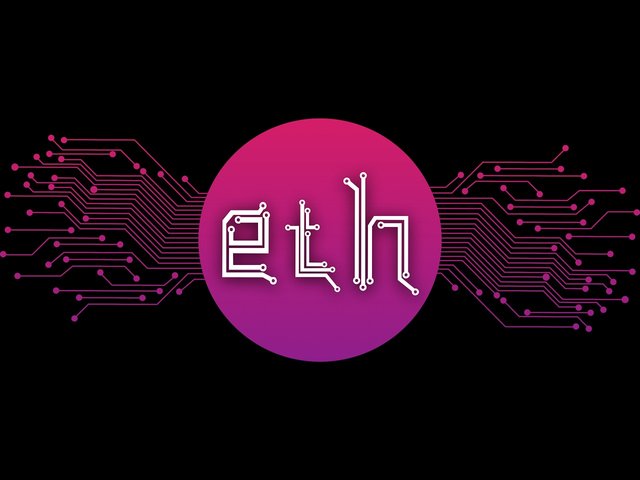The Ethereum Virtual Machine (EVM): Revolutionizing the Financial Services Industry

Introduction:
The Ethereum Virtual Machine (EVM) has emerged as a groundbreaking technology that is transforming the financial services industry. In this blog post, we will explore the capabilities of the EVM and its potential to revolutionize traditional banking systems. From its simplicity and efficiency to its scalability and global accessibility, the EVM offers a paradigm shift in the way financial transactions are conducted. Let's delve deeper into the world of EVM and its implications.
1. The EVM: A Global Computer for All:
The EVM serves as a worldwide computer accessible to anyone with a node or wallet application. Acting as a single, global 256-bit "computer," it enables users to move large amounts of value (money) instantly. Unlike traditional systems, the EVM ensures security by preventing counterfeiting and unauthorized fund transfers. Its distributed nature allows for relative synchrony and local transaction execution across the network.
2. A Cost-Effective Alternative to Traditional Banking Systems:
Comparing the EVM to traditional banking systems highlights its remarkable efficiency. While commercial banks and institutions invest significant amounts in building and maintaining their own software services and IT infrastructure, the EVM streamlines the process by eliminating the need for multiple layers of infrastructure. This reduction in costs ultimately benefits consumers by reducing fees and prices.
3. Virtual Machines and the Ethereum Context:
A virtual machine (VM) within the Ethereum context represents a collective emulation running on thousands of machines. It replicates the architecture of target systems while operating on different hardware. The EVM utilizes a combination of hardware and software to securely operate one giant machine that encompasses the entire Earth. This approach ensures the security and reliability necessary for financial transactions.
4. Ethereum's Potential in the Banking Sector:
While the use of blockchain-based systems by sovereign central banks remains uncertain, it is more likely that central banks will adopt the technology. Commercial banks are already expressing interest in Ethereum development. The existing Fedwire system, a settlement system tailored to state-chartered banks, primarily focuses on banks as its users. In contrast, Ethereum offers a more generalized platform that allows anyone to create a network with secure value transfers and improved security and reliability.
5. Scaling the EVM to Meet Industry Needs:
One of the key questions regarding the EVM is its ability to scale to the level of systems like Fedwire. Although there are no fixed limits for transaction and block sizes, scalability will require time and development. Ethereum adjusts transaction and block limits according to demand and network capacity. However, the size of blocks cannot be unlimited due to the cost associated with larger and more complex smart contracts. Nevertheless, continuous improvements are being made to accommodate higher transaction volumes.
6. Potential Disruption in the Financial Services Industry:
The impact of Ethereum on the financial services industry may result in unexpected competition and an unbundling of banking services. As the public Ethereum chain scales and processes more transactions at a faster rate, there is a possibility for smaller brands to emerge, offering specialized banking services. Additionally, the decentralized nature of Ethereum opens doors for non-financial institutions to act as custodians of digital currencies, reducing consumers' reliance on traditional banks for services like peer-to-peer lending.
Conclusion:
The Ethereum Virtual Machine (EVM) is revolutionizing the financial services industry by offering a globally accessible, efficient, and secure platform for conducting transactions. With its potential to scale and disrupt traditional banking systems, the EVM is poised to transform the way financial services are delivered and accessed. As the technology evolves, we can expect to see innovative financial products and business logic built on this secure ledger, paving the way for a decentralized and inclusive financial ecosystem.